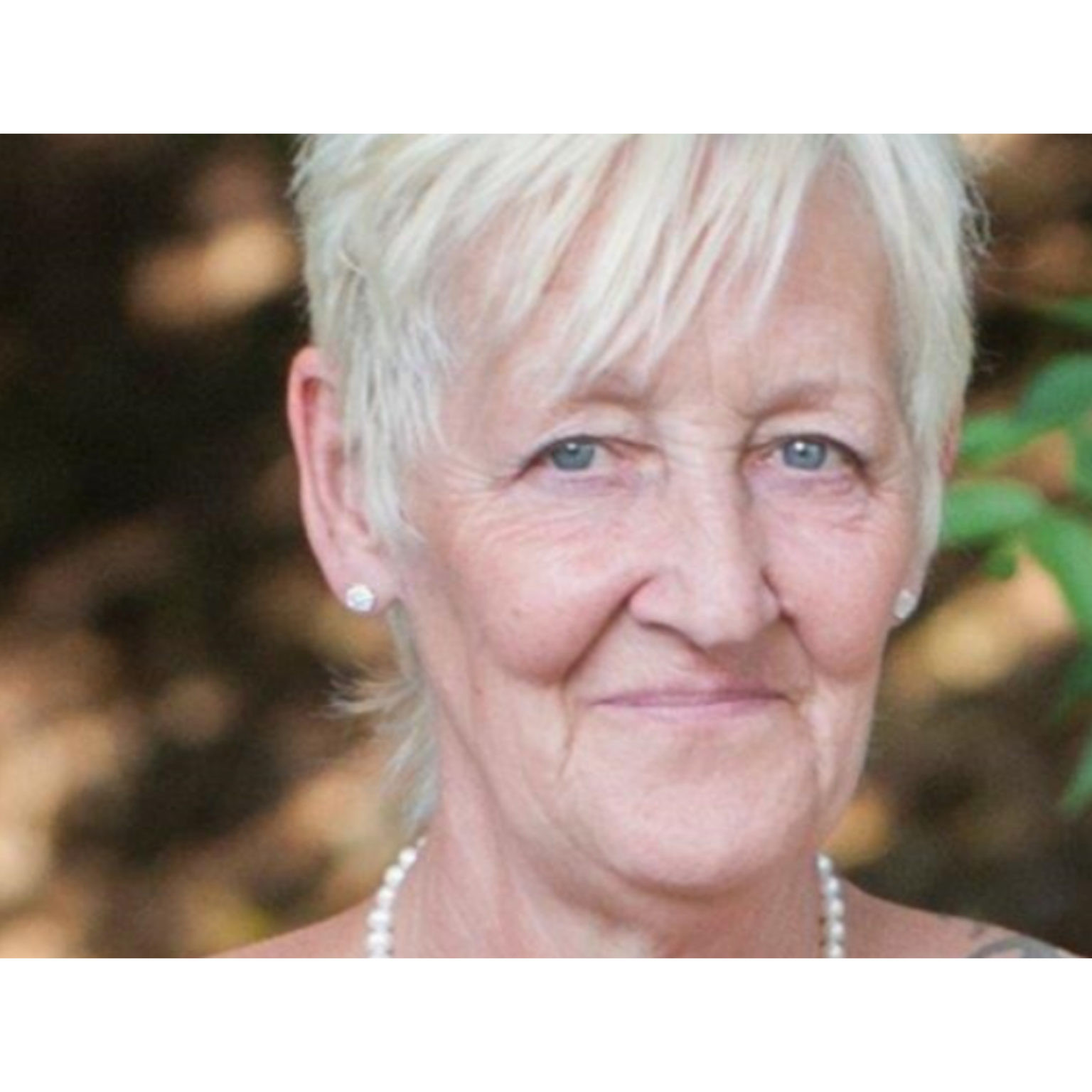
I think I was just an older female that he felt safe with in his mum’s absence, and I was glad that I was able to support him during such a difficult time.
Fiona
I was a prison officer at HMP Leeds for 13 years, and spent some time working within the First Night Centre, where I would deal with people coming in from the courts. I would complete an induction with each individual: assessing their mental and physical state and allocating them their basic equipment such as toiletries, clothing and bedding for the duration of their stay.
On one particular 13-hour shift, a young man of 21 arrived from the courts, who had been accused of a sexual offence. It was clear from the moment I met him that this was his first time in prison; he looked extremely vulnerable and scared. I assessed him, talked to him about the offence, explained the basics of the prison, what would happen on his first night and how he needed to ensure he would stay safe. I discussed “Taking the Rule”, for his own safety, which is a prisoner request to the Governor to be removed from association with other prisoners and he agreed. This enabled him to be housed safely on a wing that was allocated to vulnerable prisoners and keep him away from the general population. He was then placed on an ACCT, which is a support plan for prisoners who are at risk of self-harm or suicide. This would ensure that during his first few days he would be supported by prison officers, mental health teams, and all other agencies that were relevant to his needs.
Due to the overcrowding situation at the prison during that time, he was unable to be placed on to the vulnerable wing. Instead he remained in the First Night Centre for a couple of weeks until he was moved on to the overflow wing, where he stayed for 4 weeks. Throughout this time, I ensured that his needs were met to the best of my abilities. I don’t prejudge people, I just knew that he needed my support. After talking to him, I came to understand that he was in a terrible position and hadn’t done what he had been accused of.
He told me that he still had his key for his student accommodation and needed to hand it to his mum so she could gain access to his belongings and clear his flat. It was at this point I became involved with his family. I made numerous phone calls to his mum to keep her in the picture and met with her and his grandma for a handover of his property.
When he was finally moved from the overflow wing to the vulnerable wing he felt safer, became calmer and I felt he didn’t need me quite as much. However, I still maintained a weekly visit to see him, just to make sure he was ok. He was finally found not guilty at court, and I didn’t see him again. However, I received a letter from him thanking me for everything that I had done. That same year I received a Christmas card from his family thanking me. I think I was just an older female that he felt safe with in his mum’s absence, and I was glad that I was able to support him during such a difficult time.